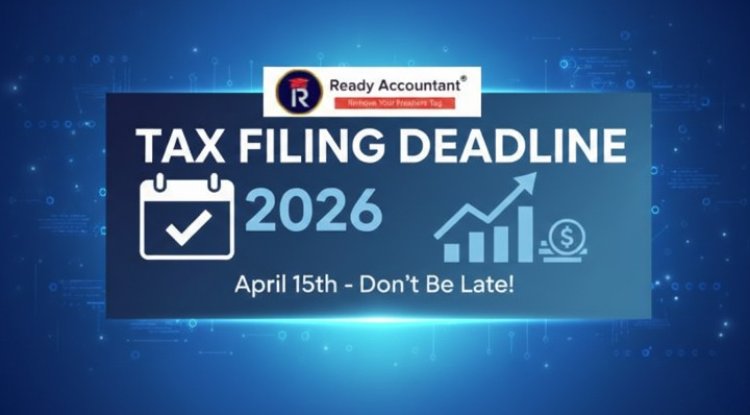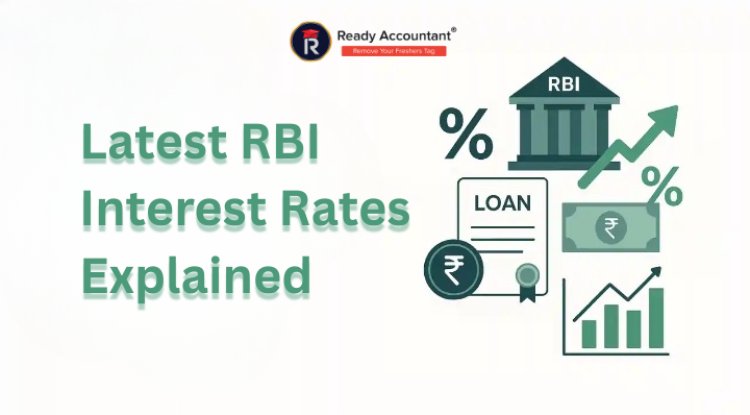Rules for Accounting and Bookkeeping in 2024
In 2024, new accounting and bookkeeping regulations emphasize transparency and accuracy. Key changes include the ASC 606 revenue recognition standards, which require recognizing revenue when goods or services are delivered, and ASC 842, mandating the inclusion of operating leases on balance sheets. Stricter tax compliance and enhanced data security regulations also come into effect. Businesses are advised to adopt automation tools, stay informed on regulatory updates, and consider outsourcing accounting tasks to professionals. Regular financial reviews and investing in updated accounting software are crucial for ensuring compliance and avoiding penalties.

Accounting and bookkeeping are essential components of any successful business. They involve the process of recording, classifying, and summarising financial transactions to help business owners make informed decisions. Accurate accounting and bookkeeping practices can help businesses avoid financial penalties, ensure compliance with legal and regulatory requirements, and provide insights into the financial health of the business.
As we enter 2024, several new rules and regulations have been implemented in the field of accounting and bookkeeping. These changes aim to provide more transparency, enhance financial reporting, and promote accuracy and integrity in financial reporting. In this blog post, we will explore the new rules and regulations and provide tips on how businesses can comply with them.
Implications of New Revenue Recognition Standards
In 2024, new revenue recognition standards will take effect, influencing how businesses report revenue in their financial statements. The fresh standards, referred to as ASC 606, necessitate businesses to recognize revenue when goods or services are transferred to customers, rather than upon payment receipt. This shift will compel businesses to update their accounting policies and systems to ensure compliance.
Alterations in Lease Accounting
Commencing in 2024, businesses will be mandated to disclose operating leases on their balance sheets, as opposed to in the footnotes. The new lease accounting standard, known as ASC 842, will impact how businesses report lease expenses and liabilities, and will necessitate adjustments to accounting policies and systems.
Enhanced Tax Compliance
Anticipated in 2024, tax compliance requirements are set to intensify, accompanied by stricter regulations and penalties for non-compliance. Businesses must stay abreast of alterations to tax laws and regulations, and ensure the implementation of suitable systems and processes to meet these requirements.
Data Security and Privacy Regulations
In today’s digital era, data security and privacy regulations are growing in significance. Businesses are required to safeguard sensitive financial information, such as customer data, and comply with data security and privacy regulations like GDPR and CCPA.
Embracing Automation and Digitization
The year 2024 is expected to witness a greater reliance on automation and digitization in accounting and bookkeeping. Businesses that integrate automation tools, such as cloud-based accounting software and AI-powered solutions, stand to gain from heightened efficiency, accuracy, and cost-effectiveness.
Outsourcing Accounting and Bookkeeping
Outsourcing accounting and bookkeeping is gaining traction among businesses. By entrusting these functions to a professional service provider like Vakilsearch, business entities can avail themselves of the expertise of seasoned professionals, advanced technologies, and cost efficiencies.
Ensuring Adherence to New Regulations in Accounting and Bookkeeping for 2024
Adhering to the new rules for accounting and bookkeeping in 2024 can pose a challenge for many businesses. Nonetheless, there are several measures that businesses can adopt to guarantee compliance with the latest regulations:
- Stay Informed: Remain updated with the latest changes in accounting and bookkeeping regulations. Stay connected through relevant newsletters, participate in webinars and seminars, and monitor authoritative blogs to stay abreast of the latest developments.
- Invest in Accounting Software: Accounting software can streamline numerous accounting processes, saving time and reducing errors. Select software that is regularly updated to ensure compliance with the latest regulations.
- Engage a Professional: If managing accounting and bookkeeping is time-consuming or requires expertise beyond your capacity, contemplate hiring a professional accountant. A qualified accountant can aid in complying with the latest regulations and provide valuable insights into your financial performance.
- Conduct Regular Reviews: Regularly reviewing your financial records can help in identifying errors or discrepancies and ensuring that your accounting practices align with the new regulations.
- Leverage Technology: Technology tools such as cloud-based storage and document management systems can assist in maintaining accurate records and ensuring compliance with the new regulations.
What's Your Reaction?




















